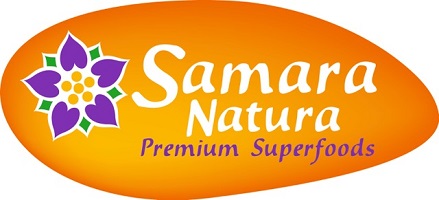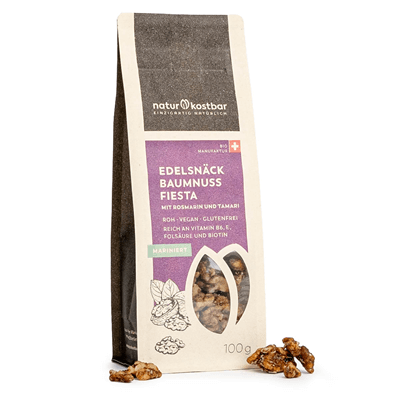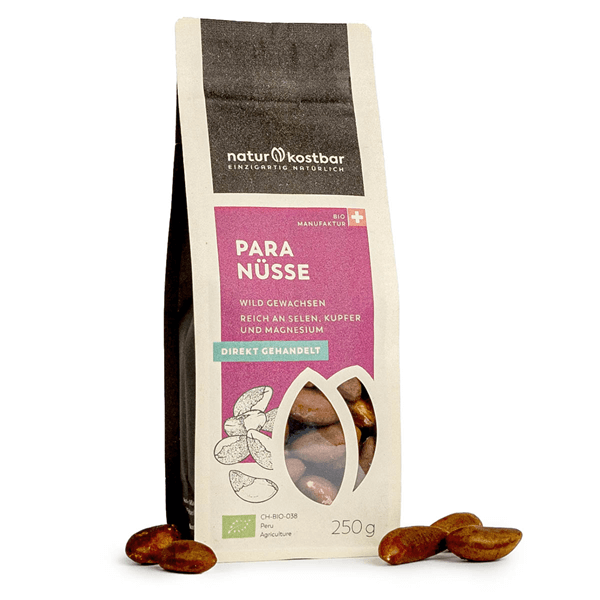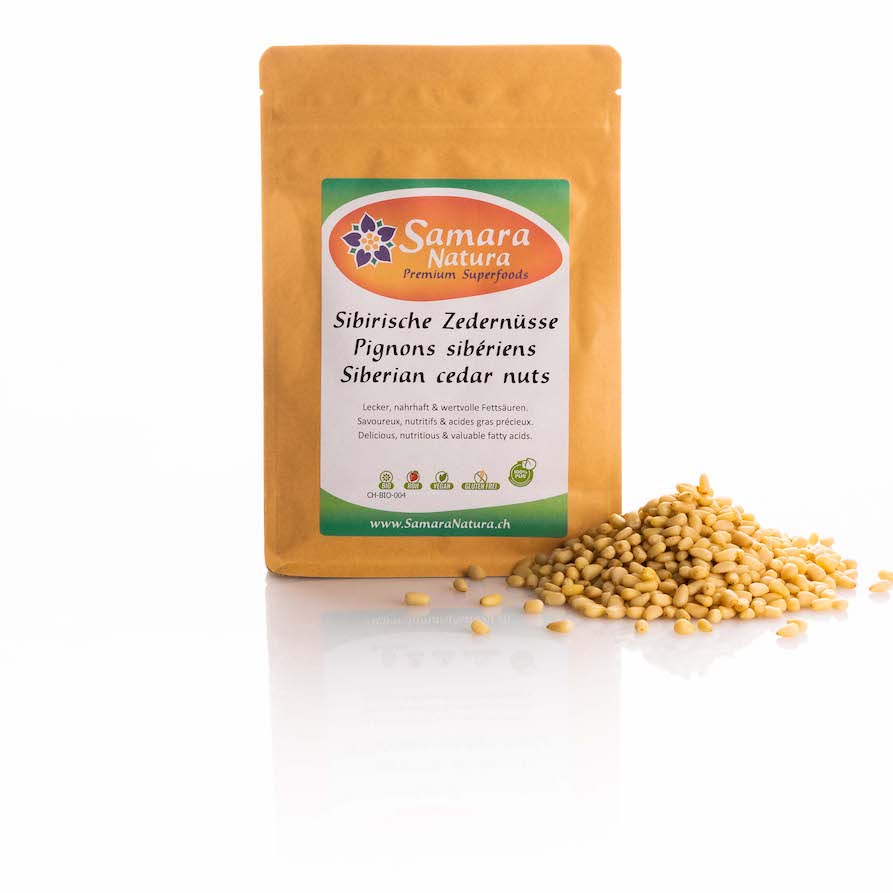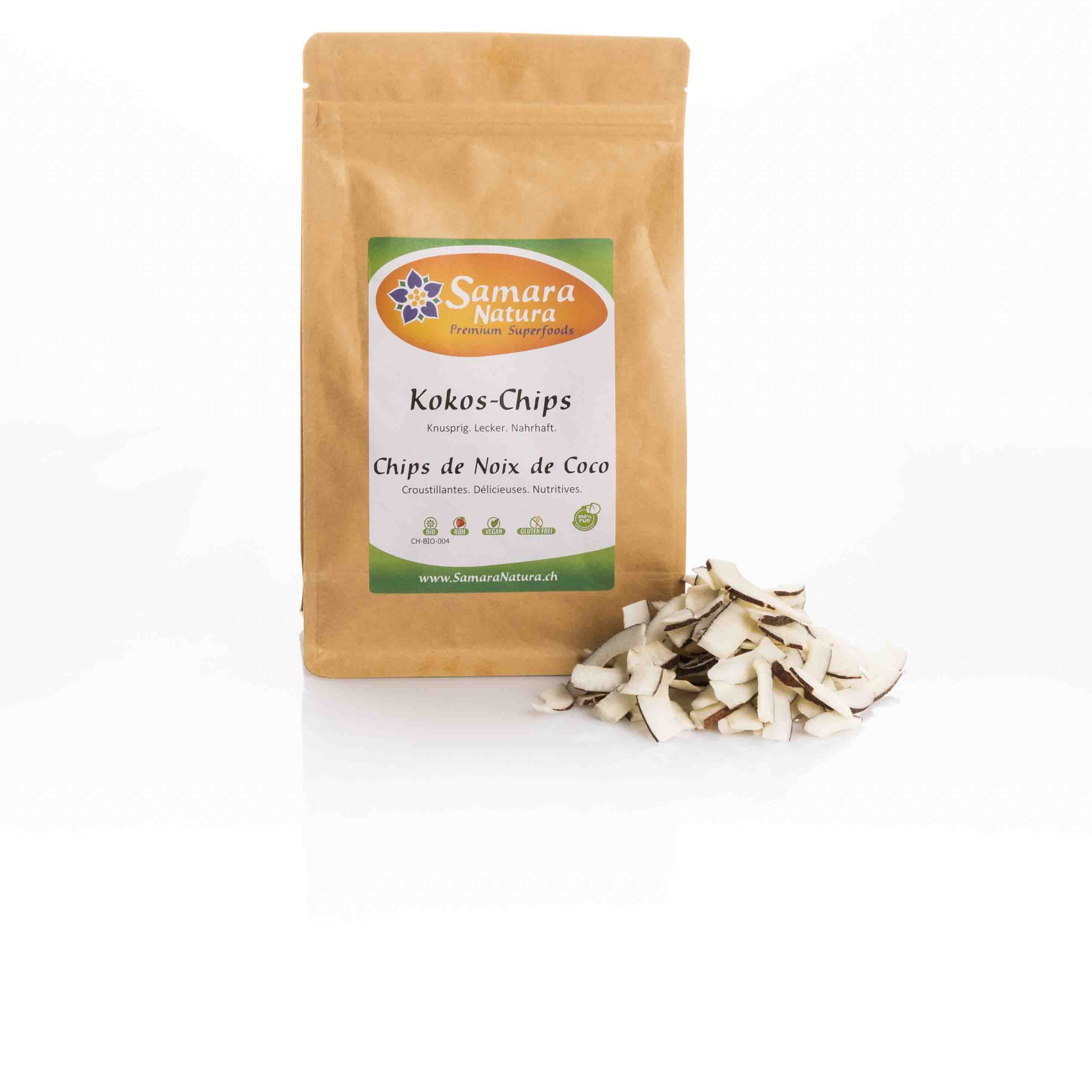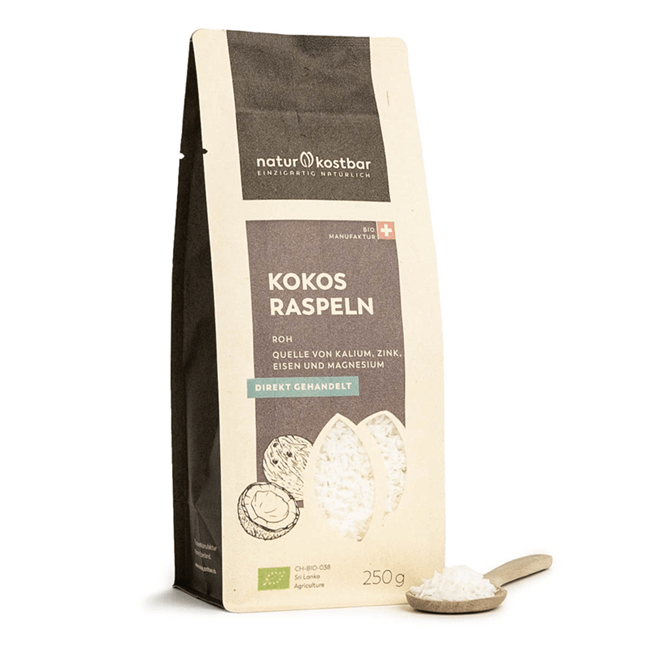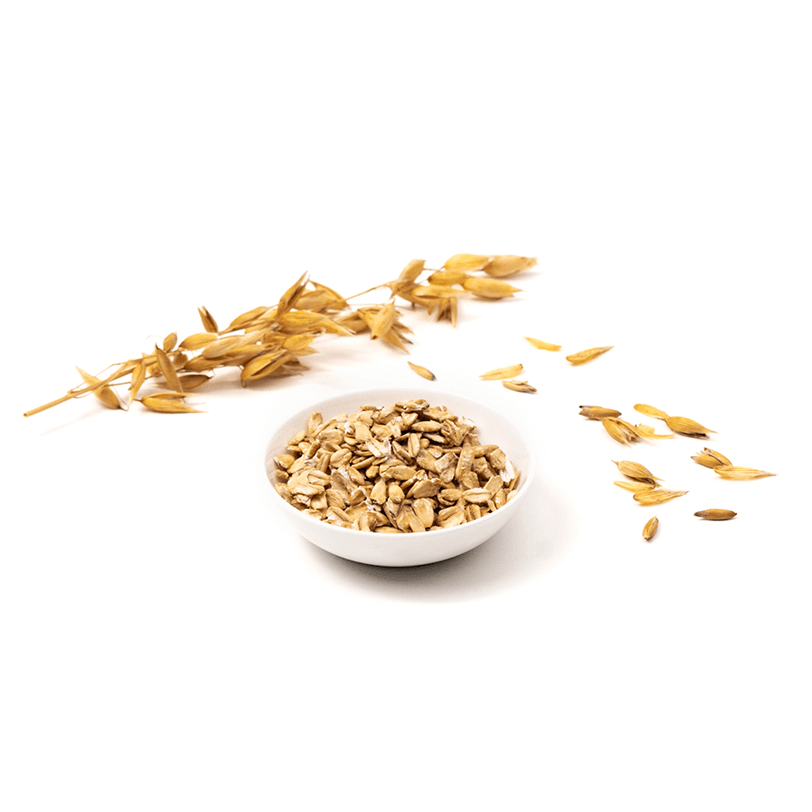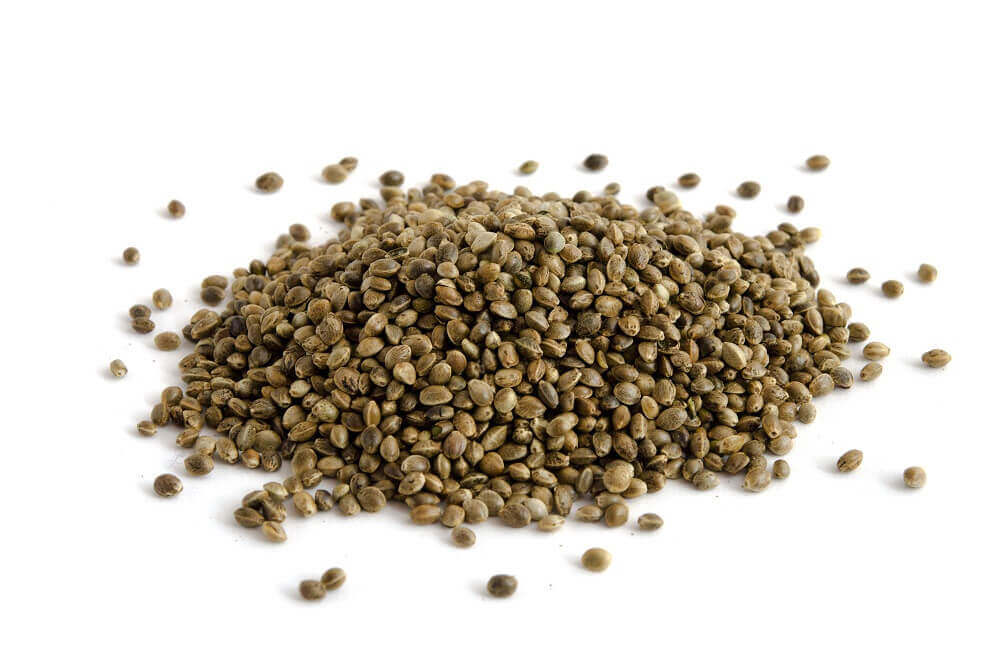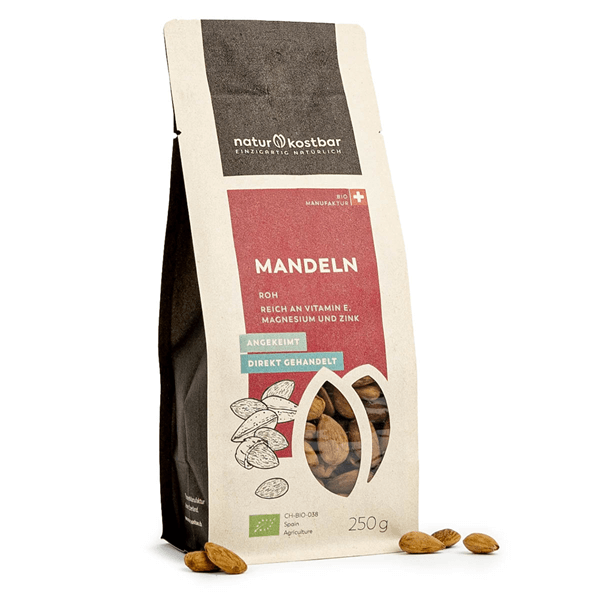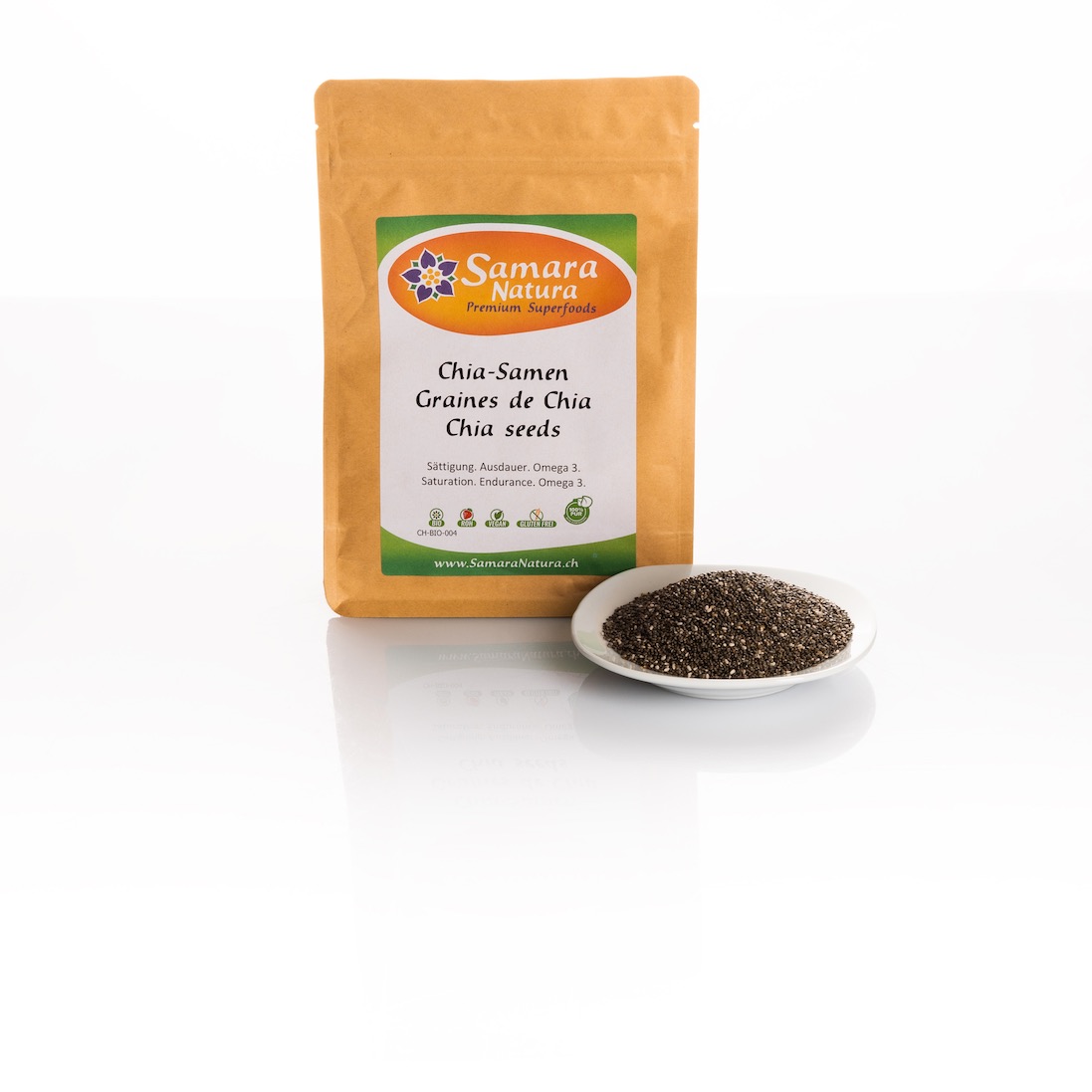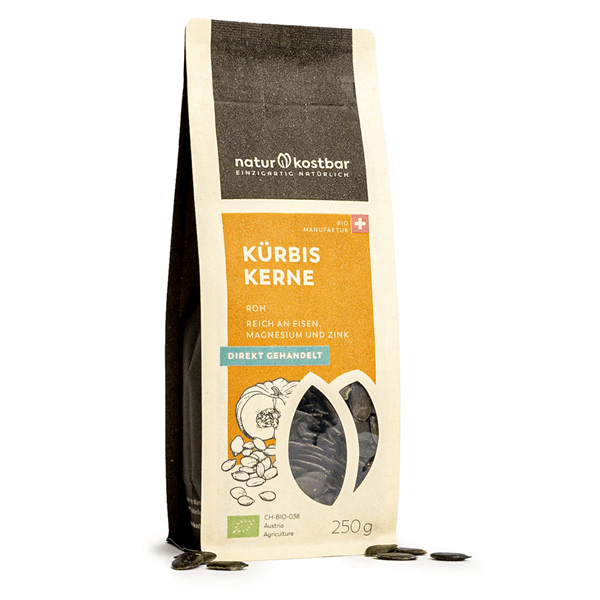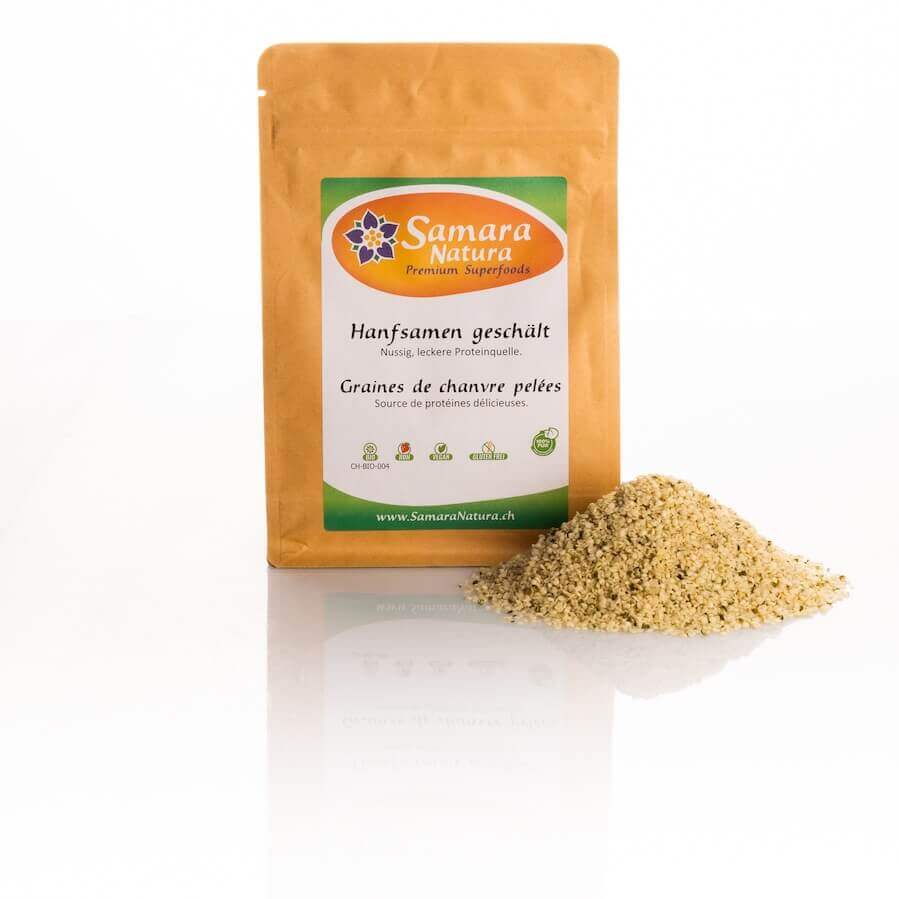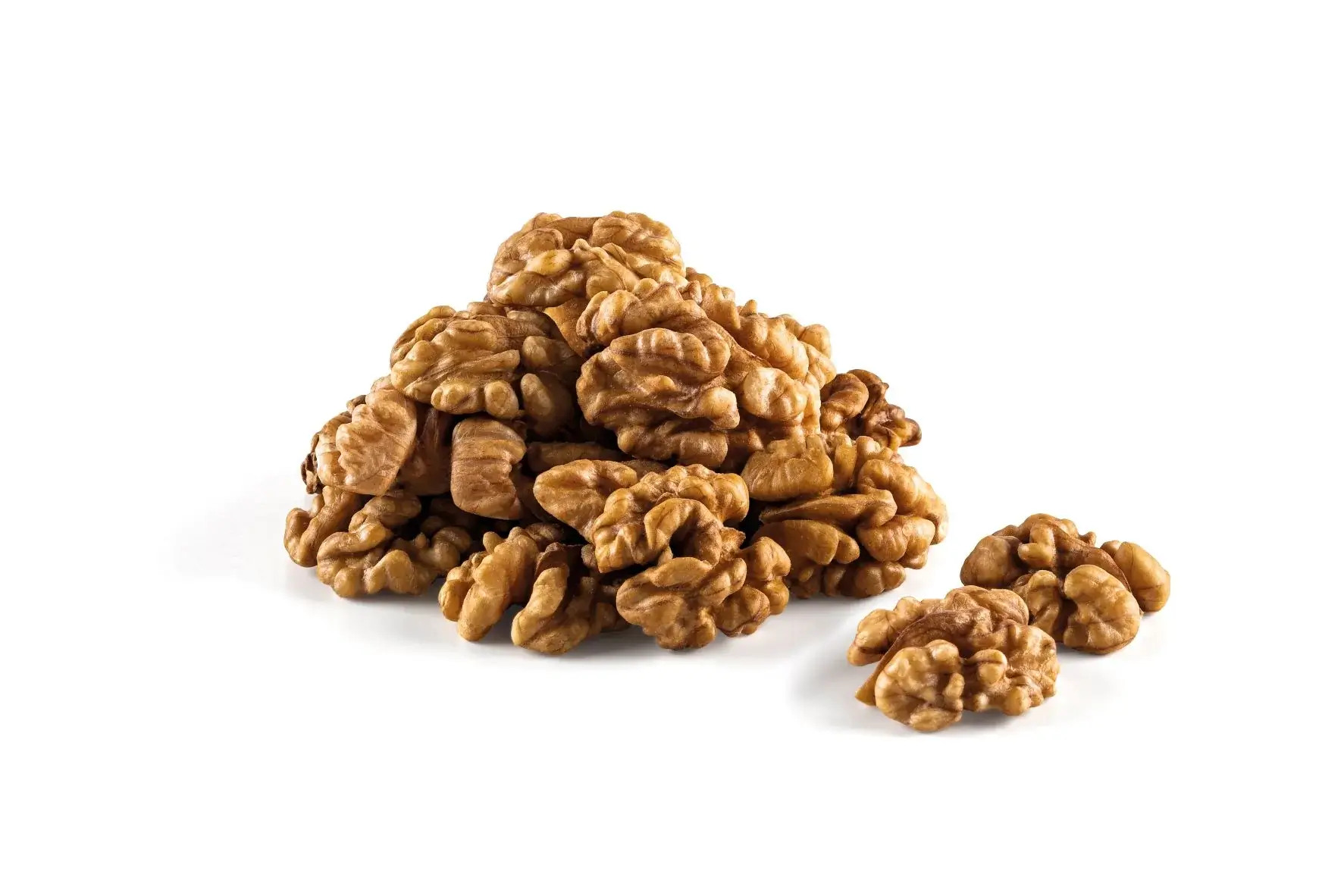Nuts
Content: 250 Gramm (CHF 7.56* / 100 Gramm)
Content: 250 Gramm (CHF 5.16* / 100 Gramm)
Content: 250 Gramm (CHF 4.37* / 100 Gramm)
Average rating of 5 out of 5 stars
Content: 250 Gramm (CHF 7.83* / 100 Gramm)
Average rating of 5 out of 5 stars
Content: 250 Gramm (CHF 2.26* / 100 Gramm)
Content: 250 Gramm (CHF 2.09* / 100 Gramm)
Content: 500 Gramm (CHF 2.26* / 100 Gramm)
Content: 250 Gramm (CHF 7.56* / 100 Gramm)
Content: 500 Gramm (CHF 2.28* / 100 Gramm)
Content: 235 Gramm (CHF 3.44* / 100 Gramm)
Content: 250 Gramm (CHF 6.84* / 100 Gramm)
Content: 250 Gramm (CHF 5.70* / 100 Gramm)
Average rating of 5 out of 5 stars
Content: 250 Gramm (CHF 3.04* / 100 Gramm)
Content: 250 Gramm (CHF 8.55* / 100 Gramm)
Content: 250 Gramm (CHF 3.38* / 100 Gramm)
Average rating of 5 out of 5 stars
Content: 250 Gramm (CHF 5.13* / 100 Gramm)
Content: 325 Gramm (CHF 4.15* / 100 Gramm)
Content: 250 Gramm (CHF 2.62* / 100 Gramm)
Content: 250 Gramm (CHF 2.28* / 100 Gramm)
Das Spezielle an unseren Nüssen ist, dass Sie in Bio- und Rohkostqualität sind. Das Nüsse nicht automatisch roh sind, zeigt sich exemplarisch am Fall der Cashewnüsse. Bei diesen wird in der Regel vor dem Öffnen Dampf injeziert um das Brechen der Nuss zu reduzieren. Zudem werden viele Nüsse maschinell geknackt, was natürlich wirtschaflich interessanter ist, jedoch immer auch Wärme entsteht. Handgekanackte Nüsse sind aufgrund der manuellen Arbeit zwar teurer, aber deutlich genussvoller und Ernährungstechnisch deutlich interessanter.
Das Spezielle an unseren Nüssen ist, dass Sie in Bio- und Rohkostqualität sind. Das Nüsse nicht automatisch roh sind, zeigt sich exemplarisch am Fall der Cashewnüsse. Bei diesen wird in der Regel vor dem Öffnen Dampf injeziert um das Brechen der Nuss zu reduzieren. Zudem werden viele Nüsse maschinell geknackt, was natürlich wirtschaflich interessanter ist, jedoch immer auch Wärme entsteht. Handgekanackte Nüsse sind aufgrund der manuellen Arbeit zwar teurer, aber deutlich genussvoller und Ernährungstechnisch deutlich interessanter.
